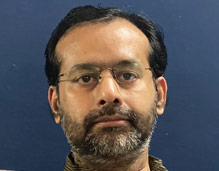China’s eagle eye on Arunachal
Referring to India’s recent troop deployment in Arunachal Pradesh and the construction of a new airbase at Tezpur, Assam, Zhang Haizjou writing in China Daily on June 10, 2009 states that “India is attempting to extend its control over a disputed border area…” Similarly, Li Hongmei writing in the People’s Daily has held India responsible for hiking tension over Arunachal Pradesh by harbouring “awe, vexation, envy and jealousy – in the face of its giant neighbour” China.
- Published: July 10, 2009










